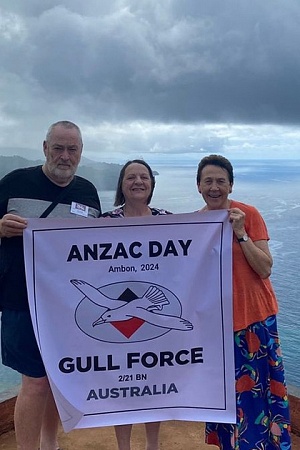Déjà Vu
‘The public are starting to say why don’t they just leave Laws and Jones alone? Why are they highlighting these two?’ said John Laws on 3 August 2000, at the height of ‘cash for comment 1’. He hasn’t been complaining about too much publicity in the current cash for comment controversy. Indeed, Laws has been courting it since 28 April 2004, two days after Media Watch revealed a glowing letter Professor David Flint had written to Alan Jones on Australian Broadcasting Authority letterhead shortly before Flint was to chair an inquiry into Jones’s sponsorship arrangements, and the morning after Flint, during an interview on the 7.30 Report, had acknowledged exchanging several letters with Jones.
The key players in this controversy centring on payments for favourable editorial comment, which first broke in 1999, are unchanged: Flint, Jones, Laws and his agent, John Fordham. The commentators are largely the same, too: Richard Ackland, the former host of Media Watch, who is now a Sydney Morning Herald columnist; Paul Barry, Ackland’s successor as Media Watch host and now a reporter for A Current Affair; David Marr, who covered the ABA inquiry for the SMH before taking over Media Watch; Kerry O’Brien, still at the helm of the 7.30 Report; and Errol Simper and Mark Day, who remain media correspondents for The Australian.
Continue reading for only $10 per month. Subscribe and gain full access to Australian Book Review. Already a subscriber? Sign in. If you need assistance, feel free to contact us.











Leave a comment
If you are an ABR subscriber, you will need to sign in to post a comment.
If you have forgotten your sign in details, or if you receive an error message when trying to submit your comment, please email your comment (and the name of the article to which it relates) to ABR Comments. We will review your comment and, subject to approval, we will post it under your name.
Please note that all comments must be approved by ABR and comply with our Terms & Conditions.